Pantium 20 | Tablet | 10 pcs
৳ 70.20
Brand Name: Pantium Tablet (Enteric Coated)
Generic: Pantoprazole Sodium Sesquihydrate
20 mg
Manufacturer: Radiant Pharmaceuticals Ltd.
Unit Price: ৳ 7.02 (6 x 10: ৳ 421.20)
Strip Price: ৳ 70.20
Indications
Pantoprazole is indicated where suppression of acid secretion has therapeutic benefit; i.e
- Peptic ulcer diseases
- Gastroesophageal reflux diseases
- Ulcer induced by non-steroidal anti-inflammatory drugs (NSAIDs)
- Eradication of Helicobacter pylori (in combination with antibiotics)
- Zollinger-Ellison Syndrome
Pharmacology
Dosage & Administration
Oral:
- Benign gastric ulcer: 40 mg daily in the morning for 4 weeks, continued for further 4 weeks, if not fully healed.
- Gastro-esophageal reflux disease: 20-40 mg daily in the morning for 4 weeks, continued for further 4 weeks, if not fully healed; maintenance dose is 20 mg daily, which may be increased to 40 mg daily.
- Duodenal ulcer: 40 mg daily in the morning for 2 weeks, continued for further 2 weeks if not fully healed.
- Duodenal ulcer associated with Helicobacter pylori: Pantoprazole is recommended at a dose of 40 mg twice daily in association with antimicrobial agents as detailed below: Amoxycillin 1 g and Clarithromycin 500 mg both twice daily for one week, or Clarithromycin 250 mg and Metronidazole 400 mg both twice daily for one week.
- Prophylaxis of NSAID-associated gastric or duodenal ulcer: 20 mg daily for those require long-term NSAID treatment.
- Zollinger-Ellison Syndrome: Initially 80 mg once daily adjusted according to response (elderly max. 40 mg daily); daily doses above 80 mg given in 2 divided doses.
IV Injection:
- Duodenal ulcer and gastric ulcer: 40 mg once daily for 7-10 days
- Gastroesophageal reflux disease associated with a history of erosive esophagitis: 40 mg once daily for 7-10 days
- Prevention of rebleeding in peptic ulcer: IV 80 mg, followed by 8 mg/hour infusion for 72 hours
- Prophylaxis of acid aspiration: 80 mg IV every 12 h for 24 h, followed by 40mg every 12 hour
- Long-term management of Zollinger-Ellison Syndrome and other pathological hypersecretory conditions: 80 mg IV every 12 hours, may increase to 80 mg every 8 hours if needed, may titrate to higher doses depending on acid output.
Interaction
Contraindications
Side Effects
Pregnancy & Lactation
Precautions & Warnings
Overdose Effects
Therapeutic Class
Reconstitution
Direction for use of IV injection: Pantoprazole lyophilized powder and 0.9% Sodium Chloride Injection is for intravenous administration only and must not be given by any other route. Pantoprazole IV injection should be given as a slow intravenous injection. The solution for IV injection is obtained by adding 10 ml 0.9% Sodium Chloride Injection to the vial containing powder. After reconstitution the injection should be given slowly over a period of at least 2 to 5 minutes. Use only freshly prepared solution. The reconstituted solution may be stored at room temperature (up to 30° C) for a maximum 4 hours.
Direction for use of IV infusion: Pantoprazole IV infusion should be given as an intravenous infusion over a period of approximately 15 minutes. Pantoprazole IV infusion should be reconstituted with 10 ml of 0.9% Sodium Chloride Injection and further diluted (admixed) with 0.9% Sodium Chloride Injection or 5% Dextrose or Lactated Ringer’s Injection to a final volume of 100 ml. The reconstituted solution may be stored at room temperature (up to 30° C) for a maximum 4 hours prior to further dilution. The admixed solution may be stored at room temperature (up to 30° C) and must be used within 24 hours from the time of initial reconstitution.
Storage Conditions
| Generic Name | Pantoprazole Sodium Sesquihydrate |
|---|---|
| Tablet | 20 mg |
Only logged in customers who have purchased this product may leave a review.

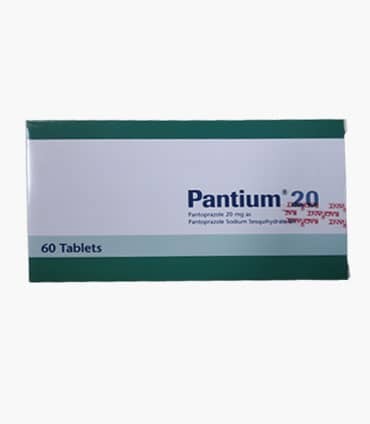

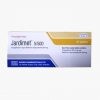

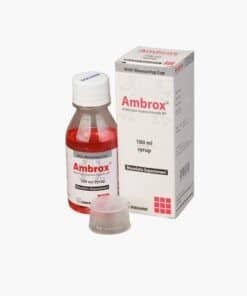

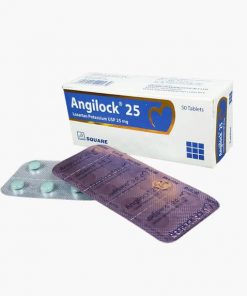
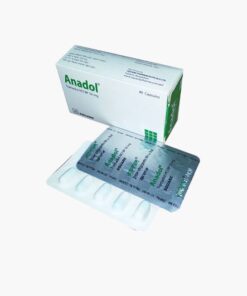
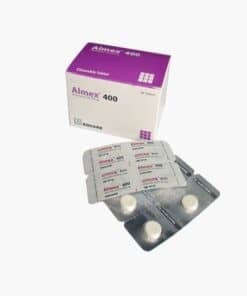
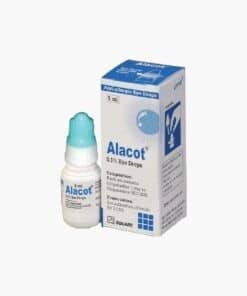


Reviews
There are no reviews yet.